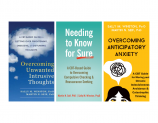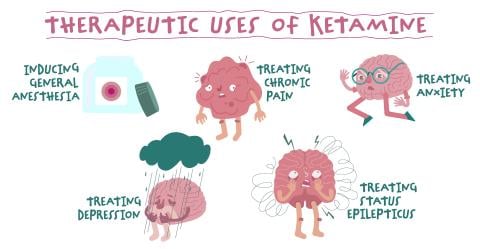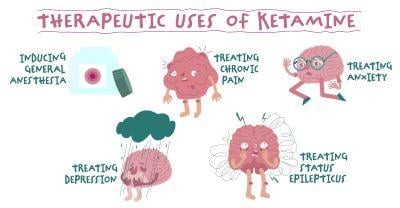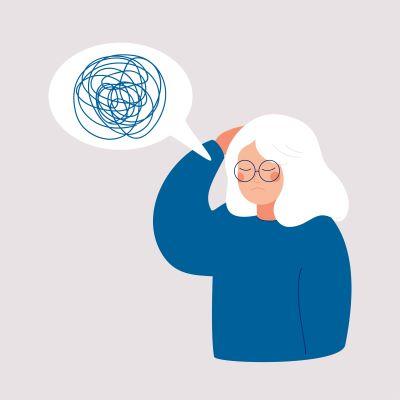New ADAA Member Books! Summer 2023
New ADAA Member Books! Summer 2023
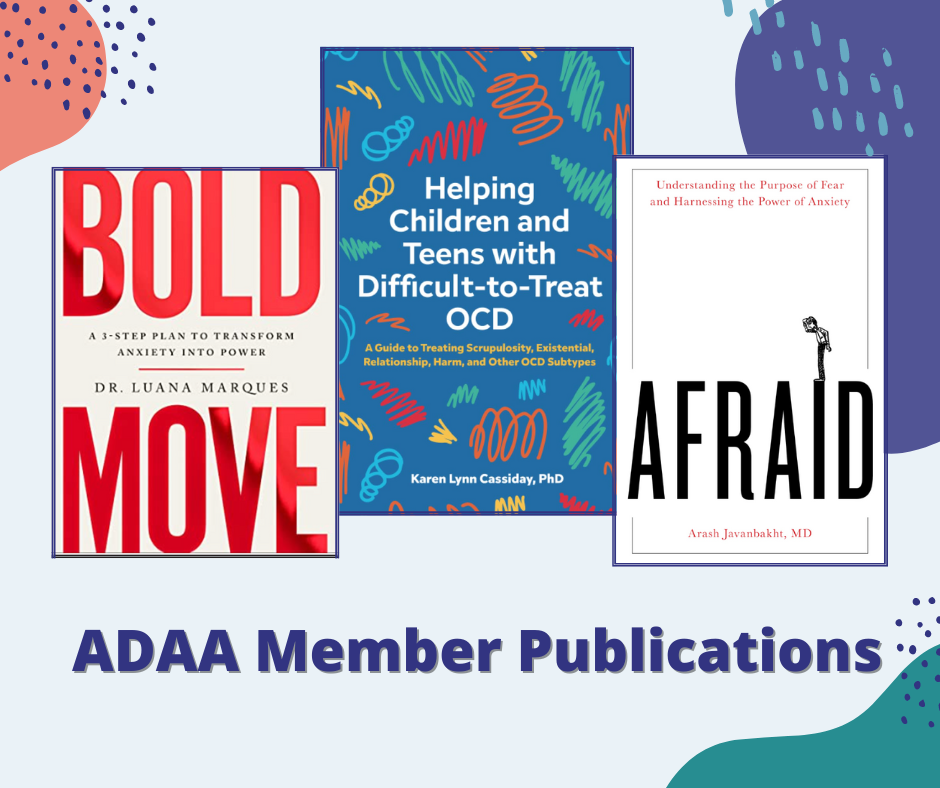
New Book by ADAA Member Arash Javanbakht Puts Fear in Its Historical and Modern Place
Fear is arguably as old as life. Making not only that argument but that fear was meant to be a close friend and has become an “annoying enemy that causes debilitating anxieties” is ADAA member Arash Javanbakht, MD. With his new book, to be published in September 2023, Detroit-based psychiatrist Dr. Javanbakht addresses aspects of fear and anxiety in modern life, looking at fear’s evolutionary purpose, how it affects the brain and body, and why we love to be scared but at the same time are so afraid of it.
Afraid: Understanding the Purpose of Fear and Harnessing the Power of Anxiety offers a unique and comprehensive approach to fear and anxiety that engages both the professional and public reader with selected stories that Dr. Javanbakht has gathered from patients and discusses his work with scientists studying brain images of scared or traumatized individuals. While incorporating two decades of his own clinical work and research as well as the impact of other mental health professionals from Freud to contemporary neuroscientists, Dr. Javanbakht avoids boring or convoluted scientific jargon and cursory self-help conventions. Instead, he provides practical tips on how to overcome anxieties of the modern world from fear of disease to politics to media to other day-to-day sources of anxiety.
“We can use fear to our advantage,” says Dr. Javanbakht. As a deeply rooted biological mechanism that has evolved over hundreds of millions of years, fear’s key mission is to increase our chances of survival. But when it comes to debilitating and perpetual fear, it is no longer our ally.
“We sometimes don’t even know what we are afraid of but what we know for sure is that we are afraid too often,” said Dr. Javanbakht. The only thing we have to fear is not fear but rather not understanding fear and not knowing how to harness the power of anxiety.
Preorder Afraid now.
Former ADAA Board President Luana Marques Boldly Shows Us How to Turn Anxiety into Power
In her most recent book, Luana Marques, PhD, or Dr. Luana as she is fondly known to many, says that anyone from a successful CEO to an at-risk youth can live boldly and overcome psychological avoidance that is keeping them stuck and anxious.
Bold Move: A 3-Step Plan to Transform Anxiety into Power helps the public understand the concept of psychological avoidance and how a “quick fix” to a potential or perceived threat or fear-inducing situation is only a band-aid covering up the figurative wound. Without understanding how to address psychological avoidance, which she calls the real enemy, we are just eluding the heart of the problem.
That problem, says the former ADAA Board President and current member, keeps us from living boldly and leading the life we want to live, making us more anxious and fearful. But fear, she highlights, is not to be avoided but rather confronted.
“To live boldly does not mean to live fearlessly or recklessly, but to face life’s challenges without being paralyzed by psychological avoidance,” Dr. Luana said. The book offers three particular skills that Dr. Luana uses successfully in her practice and in her work with inner-city organizations and high-level business leaders.
The Harvard-based psychotherapist, who grew up under challenging circumstances in Brazil, uses her own experiences and lessons learned throughout her life, research, study, and practice to engage readers while explaining her clinically proven three-step plan: Shift, Approach and Align.
Bold Move is intended to help you work through anxiety and discomfort to become unstuck, obtain freedom from limiting patterns, and lead a life of meaning and purpose. Essentially empowering you to transform your anxiety into power.
“Everyone can be empowered to rewire their brains by learning and using these skills,” Dr. Luana said.
Order Bold Move now.
New Book Addresses Difficult-to-Treat OCD Subtypes, Supports Clinicians Working with Youth
Past ADAA President Karen Lynn Cassiday, PhD, ACT became a clinical psychologist because she “loves inspiring others to discover their own greatness during life’s worst moments” and helping people overcome challenging circumstances. In her practice with children and teens who suffer from certain subtypes of Obsessive-Compulsive Disorder (OCD), Dr. Cassiday has worked with youth during some of the most difficult times of their young lives.
In her latest book, Helping Children and Teens with Difficult-to-Treat OCD, the ADAA member draws on years of professional experience, using numerous case examples, to provide a comprehensive guide on how clinicians can overcome some of the hurdles they experience with this population in therapy. The idea, she notes, is not just to get the patients to do exposure with response prevention so that they can do the activities that the OCD interrupts or prevents them from doing. The goal is much bigger than eliminating symptoms, she says.
As part of a series of resource publications from the publisher, Dr. Cassiday’s book is an essential read for practitioners who treat subtypes of OCD, such as religious, existential, sexual orientation, and relationship OCD, at any stage in their career. Focusing on the distinct nature of these lesser-known OCD classifications, Dr. Cassiday tackles the dilemmas that arise in the delivery of treatment, including planning relevant exposures and incorporating key adults in the child's care plan.
“Every patient with OCD has to learn to quickly recognize when anxiety, obsessive urges, thoughts, images, or ideas occur, then disregard them because they are understood to be a product of their mind,” Dr. Cassiday said, hoping her book helps clinicians support these patients to realize their potential.
Order Helping here.




